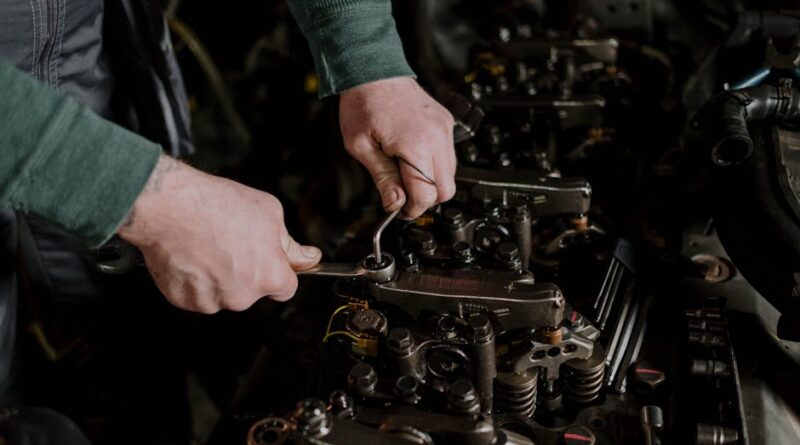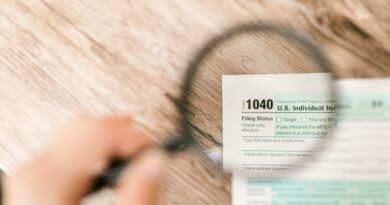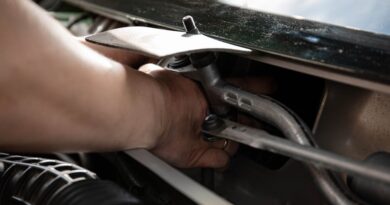Essential Tools for DIY Auto Repair
Have you ever thought about fixing your car yourself? you’re not alone! Many car owners are turning to DIY auto repair to save money and learn new skills. But to get started, you need the right tools. Lets dive into the essential tools for DIY auto repair and how they can make your life easier.
Why Use DIY Auto Repair Tools?
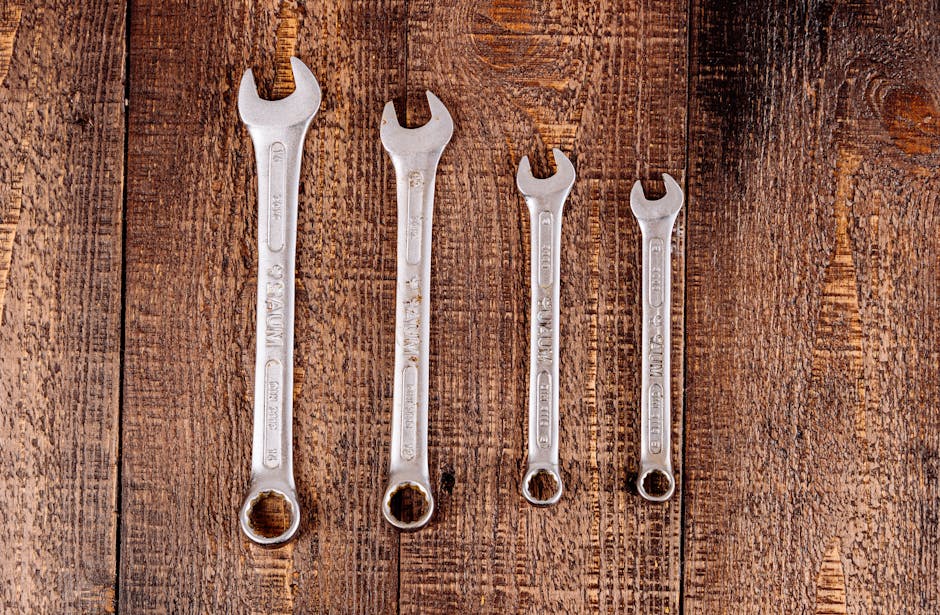
Fixing your car can save you a lot of cash. According to a recent survey, DIY repairs can cut costs by up to 50%. that’s a huge savings! Plus, working on your car can be a rewarding experience. You learn about how your vehicle works, and you gain confidence in your skills.
Before you jump in, lets explore the key tools youll need to tackle common repairs.
What Are the Basic Tools for Auto Repair?
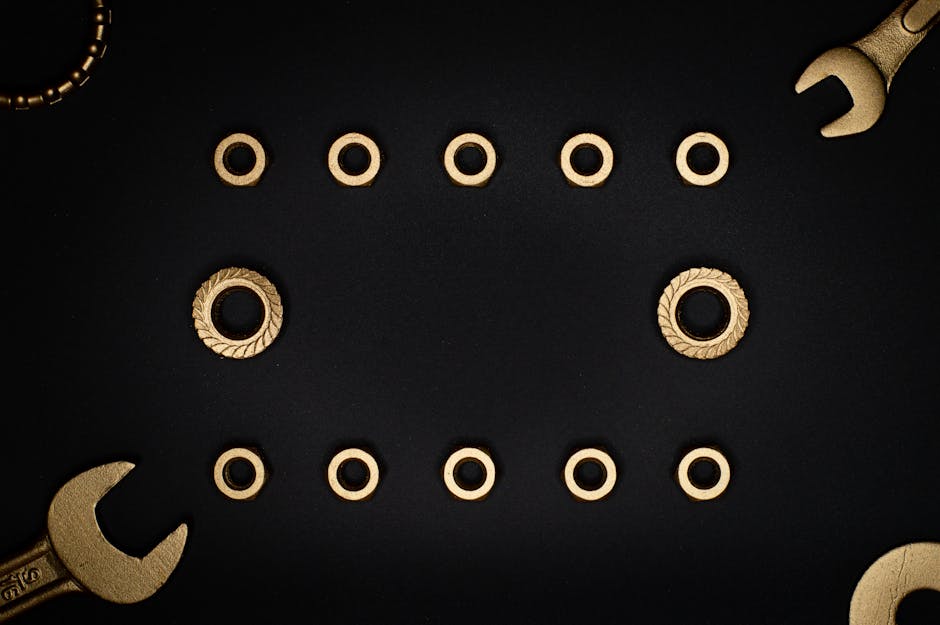
Every DIY mechanic needs some basic tools. Heres a list to get you started:
- Wrenches: A good set of wrenches is a must. They help you tighten or loosen bolts and nuts.
- Sockets and Ratchets: These tools make it easier to reach tight spots. They come in different sizes, so you can tackle various bolts.
- Jack and Jack Stands: Safety first! A car jack lifts your vehicle off the ground, and jack stands keep it stable.
- Hacksaw: Great for cutting through metal or plastic parts.
- Pliers: Useful for gripping, twisting, or cutting wires.
- Screwdrivers: A variety of sizes and types will help you with many jobs.
These basic tools will cover most tasks. As you learn more, you can add specific tools for particular jobs.
What Are Specialty Tools for Advanced Repairs?
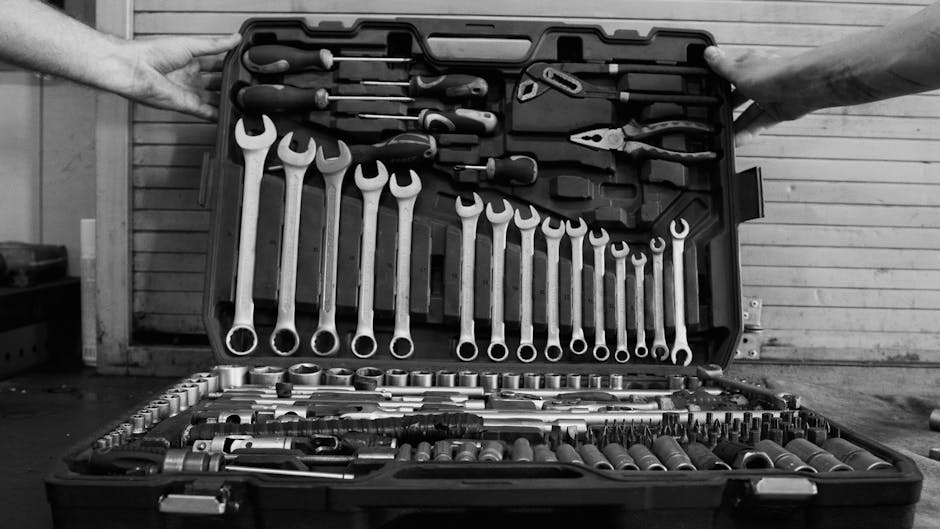
Once you’re comfortable with the basics, you might want to invest in specialty tools. These tools can help you with more complex repairs.
- OBD-II Scanner: This tool reads your cars error codes. It helps you diagnose issues quickly.
- Tire Pressure Gauge: Keeping your tires properly inflated is essential for safety and fuel efficiency.
- Torque Wrench: This ensures you tighten bolts to the correct specifications, preventing damage.
- Multimeter: Useful for electrical diagnostics. It helps you check voltage and continuity.
- Brake Tool Set: If you plan to replace brake pads, this set is a must-have.
Investing in these tools can make DIY repairs more efficient and safer.
How Can You Organize Your Tools?
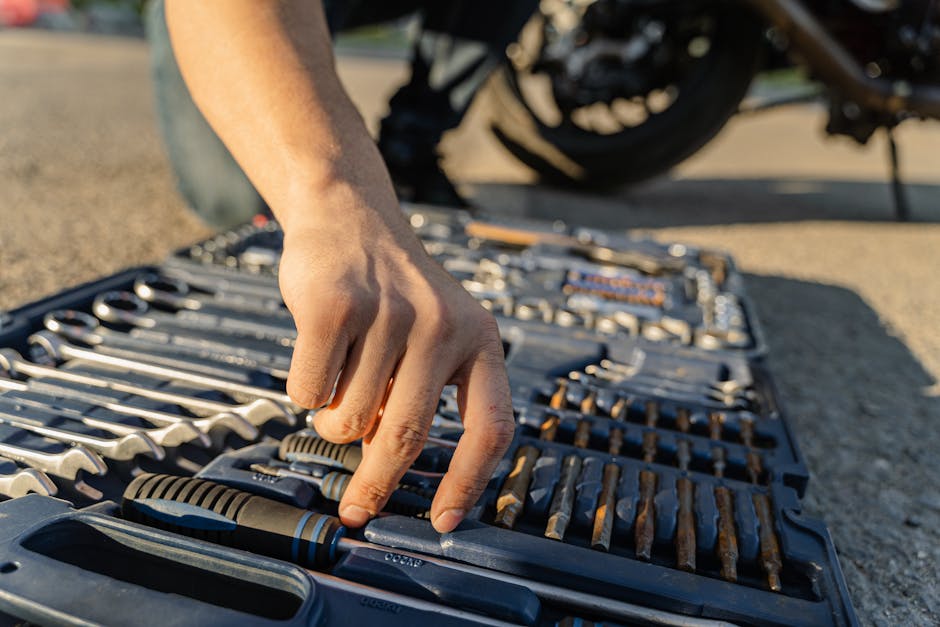
Keeping your tools organized saves time and frustration. Here are some tips to help you keep everything in it’s place:
- Toolbox: Invest in a sturdy toolbox. This keeps your tools safe and easy to find.
- Magnetic Tool Holder: Great for hanging frequently used tools on the wall.
- Labels: Label drawers or containers for quick identification.
- Regular Cleanup: Take a few minutes after each project to organize your tools.
Organized tools lead to a smoother repair process. Youll spend less time searching and more time fixing!
What Safety Gear Should You Use?
Your safety is paramount when working on your car. Using the right safety gear can prevent accidents and injuries. Heres what you need:
- Safety Glasses: Protects your eyes from debris and chemicals.
- Gloves: Keeps your hands safe from sharp edges and chemicals.
- Steel-Toed Boots: Protects your feet from heavy tools or parts.
- Face Mask: Useful when dealing with dust or fumes.
Always remember, safety first! You can’t fix your car if you’re hurt.
How Do You Get Started with DIY Auto Repair?
Now that you have your tools and safety gear, where do you begin? Start with simple projects. Here are some ideas:
- Oil Change: A great first project. it’s simple and you only need a few tools.
- Replacing Wiper Blades: Quick and easy, this can be done in under 15 minutes.
- Changing Air Filters: Improves engine performance and is usually straightforward.
These tasks help you build skills and confidence. As you grow more comfortable, you can take on bigger challenges.
What Resources Are Available to Learn More?
There are tons of resources to help you learn DIY auto repair. Here are a few you might find useful:
- YouTube: A treasure trove of video tutorials for every repair imaginable.
- Online Forums: Communities like Reddits r/mechanics provide advice and support.
- Repair Manuals: Books or online manuals like Haynes provide step-by-step instructions for specific vehicles.
These resources can guide you through tricky repairs and help you troubleshoot problems.
What Are Some Common Misconceptions About DIY Auto Repair?
Many people have misconceptions about DIY auto repair. Lets clear a few up:
- You need to be a mechanic to fix your car. Not true! Many repairs are simple enough for anyone to learn.
- it’s too dangerous. With the right tools and safety gear, DIY auto repair is safe.
- Youll mess up your car. Mistakes happen, but they’re great learning opportunities. Just start small!
Overcoming these misconceptions can empower you to tackle repairs with confidence.
What Are the Takeaways for DIY Auto Repair?
DIY auto repair can be a rewarding and cost-effective way to maintain your vehicle. Here are key points to remember:
- Invest in basic and specialty tools as you progress.
- Organize your tools for efficiency.
- Prioritize safety with the right gear.
- Start with simple repairs to build your confidence.
- Utilize online resources for guidance and support.
With the right tools and mindset, you can take control of your car maintenance. So, roll up your sleeves and get startedits time to make your car work for you!
For more detailed guides on specific repairs, check out our related post on common automotive repairs.
Ready to get started? Grab your tools and dive into the world of DIY auto repair!
